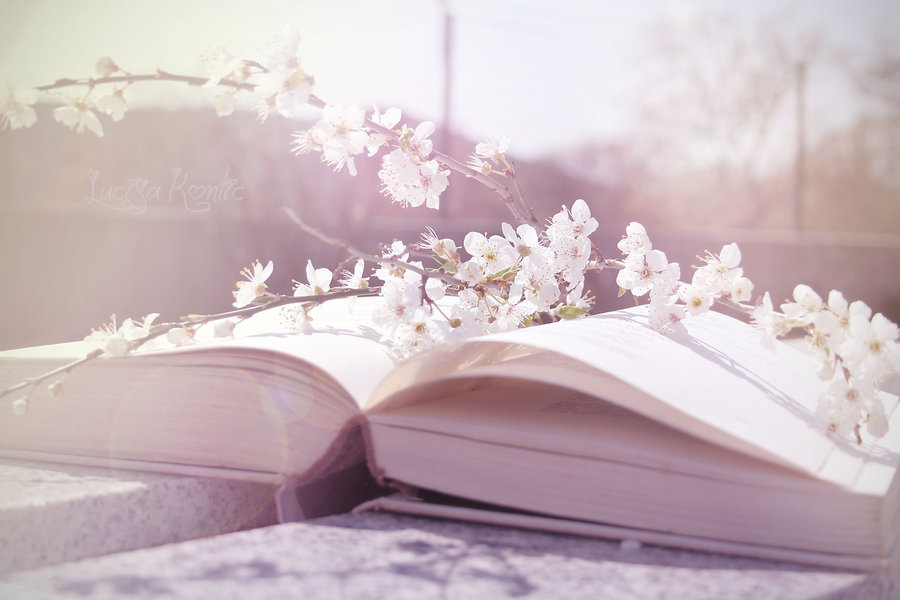
The
study of metaphysics is the study of ultimate reality—What is truth? What is
beauty? What is knowledge? What then is the metaphysics—the ultimate reality of
school testing? What is its nature? What
are we really learning? Just as a fish is so accustomed to and dependent on
water that it doesn’t need to question it to survive; and, similarly, a bird
assumes the air it navigates—nearly everyone who has ever been a student—either
at home or in the schools—assumes the necessity of testing. As a teacher devoted to a pedagogy of
discovery and experience, my concern is what it is that we are doing in a
testing environment. Education reformer John Dewey was right when he wrote, “For the things we have to learn before we can do them, we
learn by doing them.”
And so was Confucius when he said, “I hear and I forget. I see and I
remember. I do and I understand.” It
follows, then, that we learn what we do.
What are we doing, and therefore learning, with constant testing,
tabulating, chi-squaring, and policing?
1. Live in the Then
Fundamentally, testing is practice in living in the
future—what’s important is what will
be on the test—then, then, then. “I’ll
be okay, after the test…What if I fail?” The more we practice the then the less we value the now. Later in life, we find ourselves
guru-hopping and self-help-reading to relearn how to come home to the present.
2. Favor Fear over
Love
Although, for whatever reason I might be bored and
frustrated by the readings in my American Literature class, if I know that I
will be quizzed, I will grind away at the American Literature material to the
exclusion of my readings in my Women’s Literature class where we don’t have
quizzes. Then, having lost ground with
that class, I start to identify what I love to read with embarrassment. If I practice this enough, I develop a world
view that what I love is not available to me.
3. Give My Power
Away
If what is on the test is paramount, then the
test—and therefore the tester—is the arbiter of
my taste and experience.
If I buy into the tyranny of testing, the test/tester is in charge of my
self-confidence, my values, my self-worth, my serenity—my life.
4. Be Reactive
instead of Proactive
In a test-taking environment, I learn to
override what is meaningful to me (and dare I say fun) to read and write out of fear of punishment. I learn to react to others' demands instead of proactively developing and responding to my own inner promptings.
5. Get it Over
With
How many legions of students have crammed for a test
the night before, come in bedraggled and exhausted, spewed answers, and
then—having identified the material with duress, promptly forgot it? But if we rappel our lives from one test to
another, then we practice getting-it-over-with. What we practice we retain.
6. There’s Not
Enough Time
True learning and achievement come from long
practice of and commitment to what it is we want to learn or do—that takes love
and attention and time—all that time-sensitive tests, by their nature, are not. They do not allow for differences in how or
how quickly students learn.
7. Learning is Full
of Pain and Shame
American poet Alfred Mercier wrote, “What we learn
with pleasure, we never forget.”
Testing, too often, is painful, anxiety-provoking, and shaming. Diana, one of my superstar students who has
become the most brilliant teacher, failed the Praxis exam four times. Had the test tested her true potential, she
would have passed it the first time. Had she succumbed to the shaming of the
process, her students might have missed out on the experience of having her in
the classroom.
8. Obey
Testing tests
how conventionalized we have become: Do I think like the teacher? Am
I what I’m supposed to be?
Am I good? Tests teach us to be robotic.
9. Tests Don’t Test
What Matters
Knowledge, skills, and experiences are reduced to testable,
discrete, disembodied units of questions whose answers can be digitalized and
statistically analyzed. Tests spawn more tests and more businesses that manage
the scores and generate more needs for tests.
In another post, we will further consider the important things that
tests can’t test—including tests given in the normative fields of study.
10. Compete and Separate
Tests offer us scores that compare student results. Those who are test-takers are made to feel
superior to and separate from those who are not test-takers. High-scorers feel anxious to maintain their
status and become grade-junkies.
Low-scorers often drop out.
1 11. Cheat, Lie,
Plagiarize
When all else
fails.
What is your experience with testing?
Works Cited
Dewey, John. Democracy and Education. New York: Macmillan, 1916.
Mercier, Alfred. Multiple internet sources.



